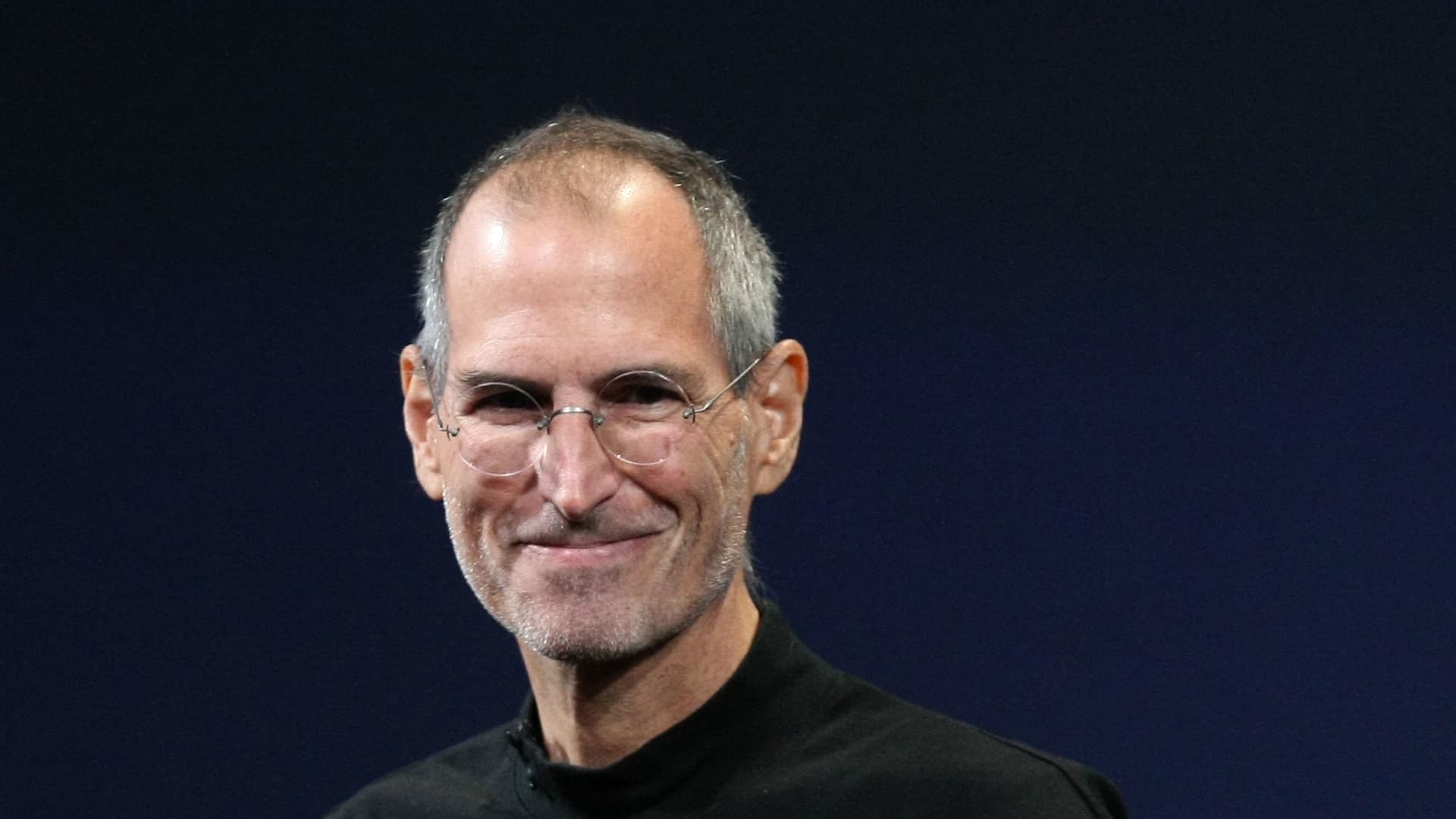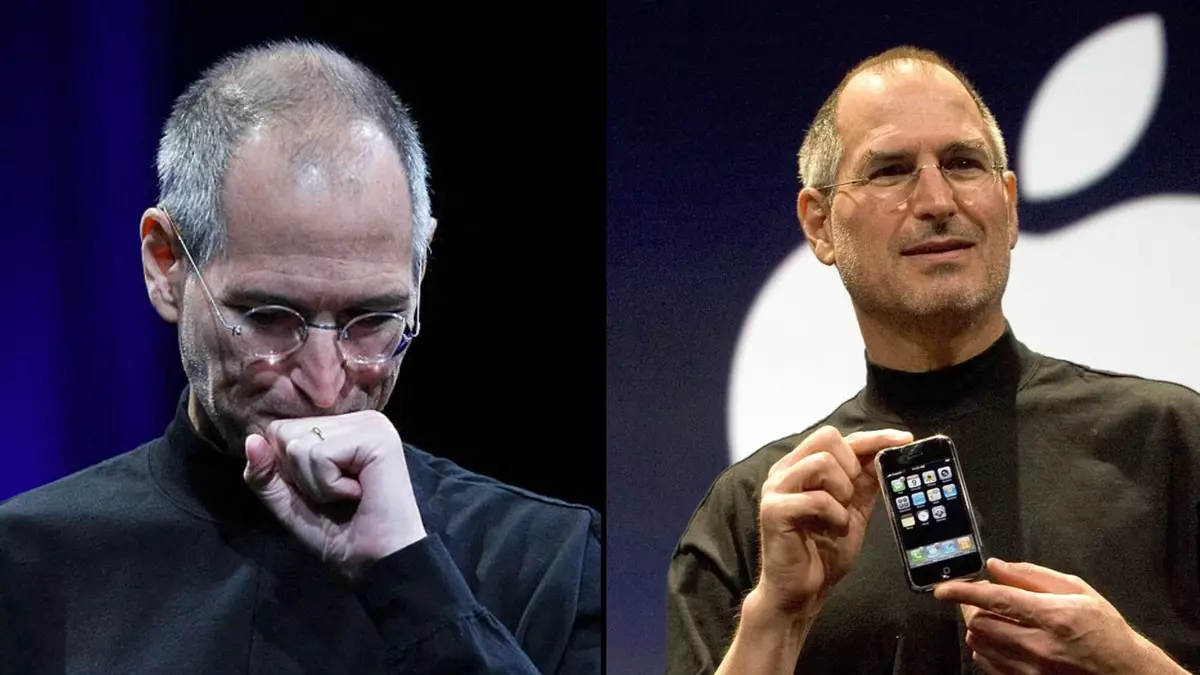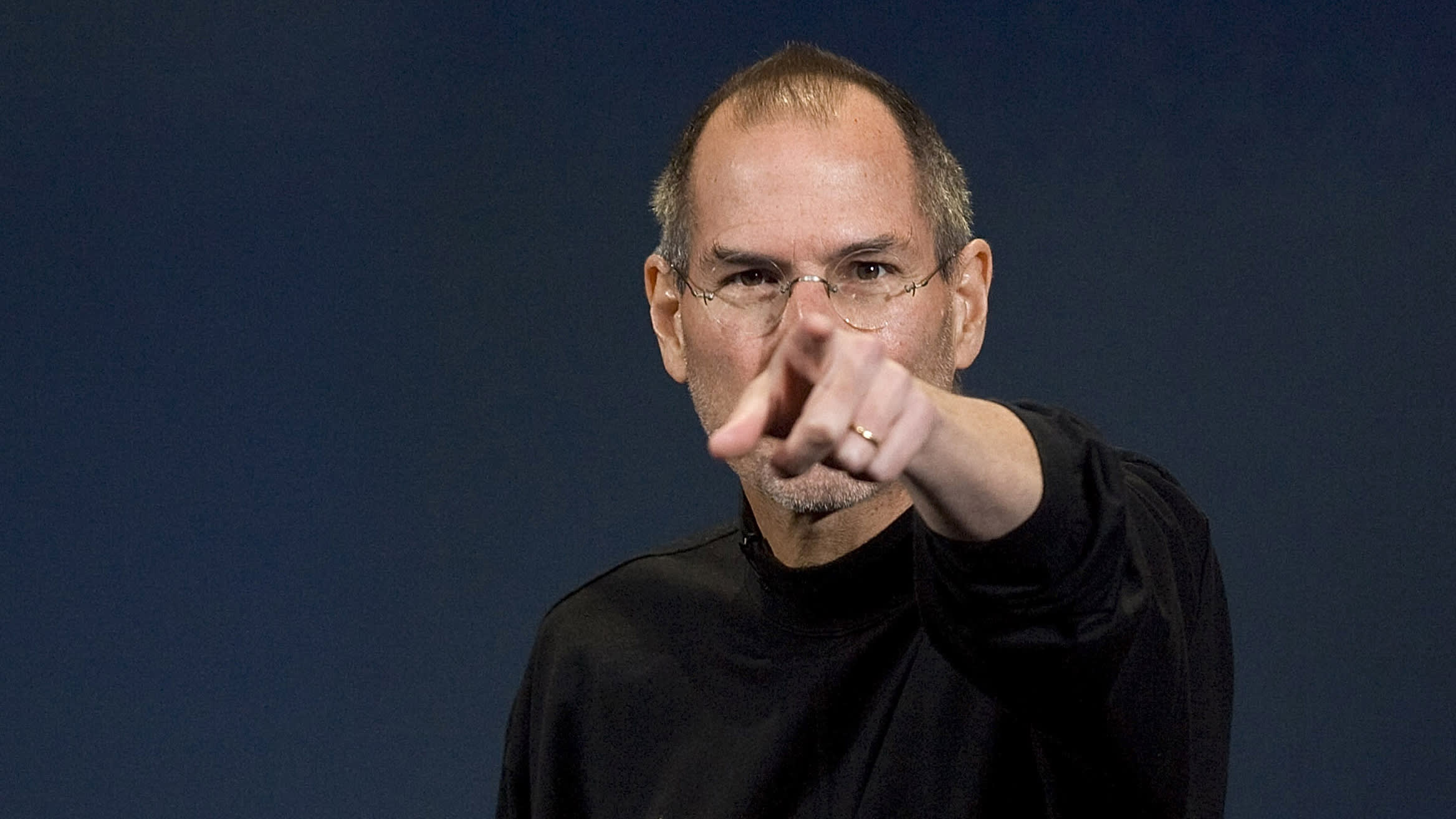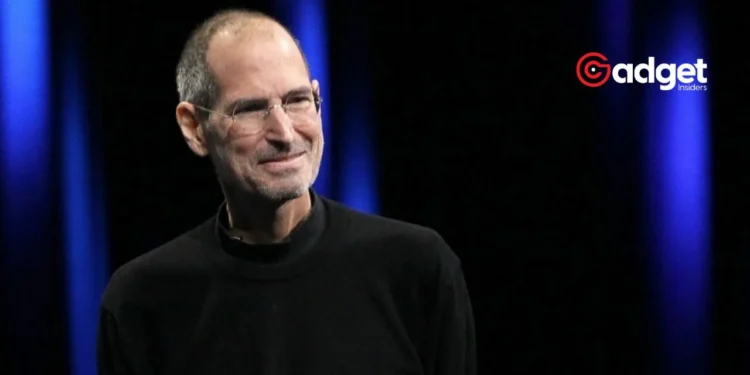In the shadow of monumental success lies the personal life of Steve Jobs, a visionary whose innovations transformed technology. Jobs, who co-founded Apple and spearheaded the creation of iconic products, faced his mortality in 2011 after a battle with cancer diagnosed in 2003. Amid the reflections of his pioneering journey, Jobs disclosed a personal regret that painted a more intimate portrait of the tech mogul.

Family First: Steve Jobs’ Final Reflections
As he approached the end of his life, Steve Jobs engaged in a series of interviews with biographer Walter Isaacson, aiming to leave behind a narrative for his children. “I wanted my kids to know me,” Jobs confided in Isaacson. “I wasn’t always there for them, and I wanted them to know why and to understand what I did.” This poignant admission offers a glimpse into the internal conflicts faced by Jobs, juxtaposing his professional zeal with the familial bonds he feared he neglected.
Despite his groundbreaking career, Jobs’ relationship with his children, and particularly with his eldest daughter Lisa, was complex. Initially denying paternity, a legal acknowledgment of Lisa followed years of estrangement. This turbulent chapter in his personal life remained a sensitive topic, which he hoped to clarify through his biography.
IDEAS WITHOUT ACTION AREN’T IDEAS. THEY’RE REGRETS.
– Steve Jobs pic.twitter.com/QWD6PhXmUb
— Yitagesu Ambaye (Teagues Wed Embaye) (@yitagesuambaye) March 14, 2022
A Legacy Beyond Technology
Jobs’ legacy extends beyond the sleek surfaces of iPhones and MacBooks; it is also reflected in the personal anecdotes and memories cherished by his family. Eve Jobs, the youngest of his four children, shared with Vanity Fair a unique piece of memorabilia—a vintage t-shirt from the early days of Apple, bearing a playful nod to the biblical Eve. “It means so much to me. I smile every time I wear it,” she said, highlighting the personal connections that outlive the physical presence.

Conclusion: The Dual Facts of Success
Steve Jobs’ revelation underscores a universal truth resonant with many at the height of their careers—success often comes with sacrifices. His story is a compelling reminder of the delicate balance between professional achievements and personal relationships. As Jobs’ narrative continues to inspire future generations, his candid acknowledgment of his regrets adds a profound layer to his legacy, reminding us of the human aspects often overshadowed by public personas.

Postscript: A Reflection on Regrets
Like many before and after him, Jobs‘ introspection in his final days reveals that regrets are a universal part of the human experience, varying across different stages of life. His willingness to share these reflections adds a deeply humanizing element to his narrative, enriching the legacy of a man who changed the world with a simple, yet revolutionary idea—an Apple.










